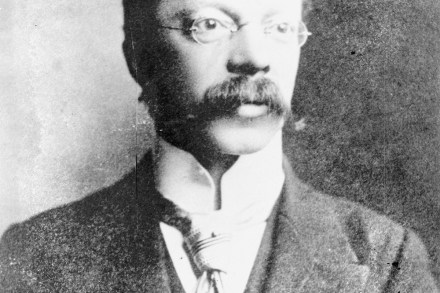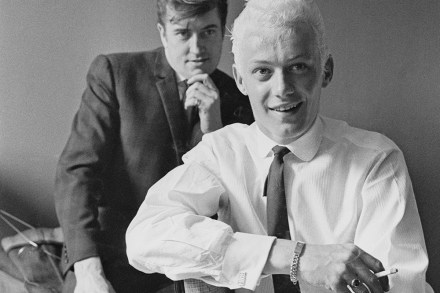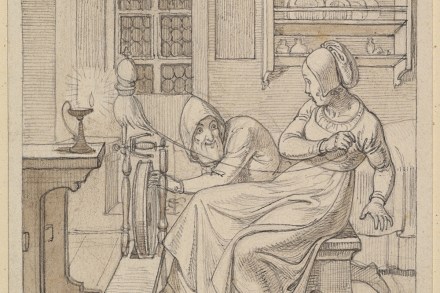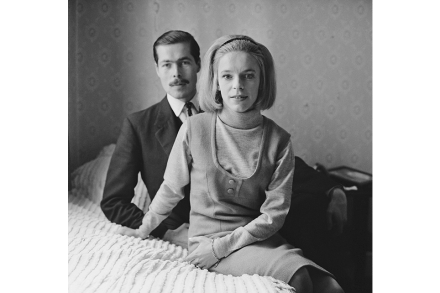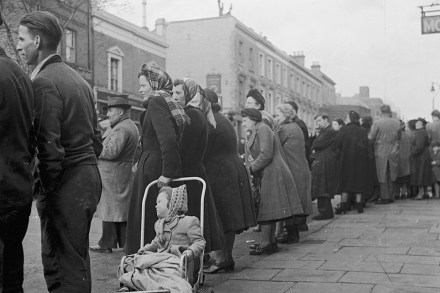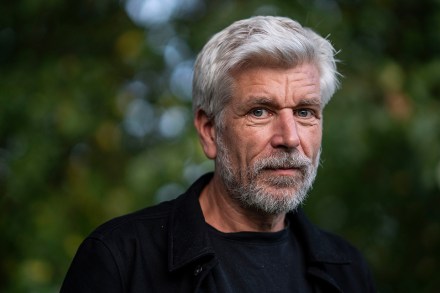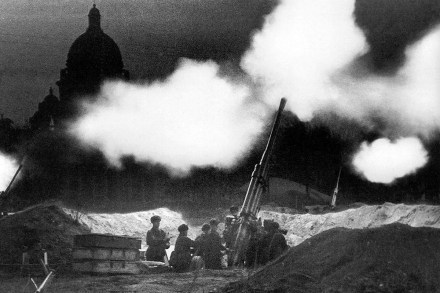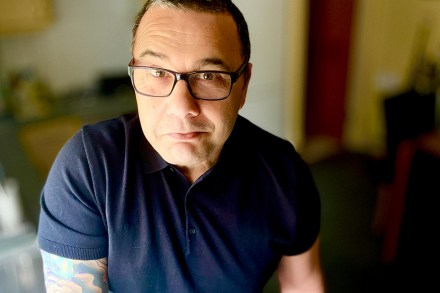Who’s deceiving whom?: The Art of the Lie, by Laura Shepherd-Robinson, reviewed
In this age of lies and delusions, the trickster may seem to be a peculiarly modern creature, but he or she is almost as old as literature itself. Long before phishing or fake news, stories about cunning foxes, Loki, Anansi the Spider-Man and Odysseus brought delight; Puck, Tom Ripley and Sarah Waters’s fingersmith Sue Trinder are some of their descendants. Encountering such a figure is always a joy, and in Laura Shepherd-Robinson’s latest novel, The Art of a Lie, there are two. Hannah Cole is a shopkeeper in 18th-century London, struggling to keep her confectionary business open. Her husband Jonas has been murdered, and we soon learn that not only





